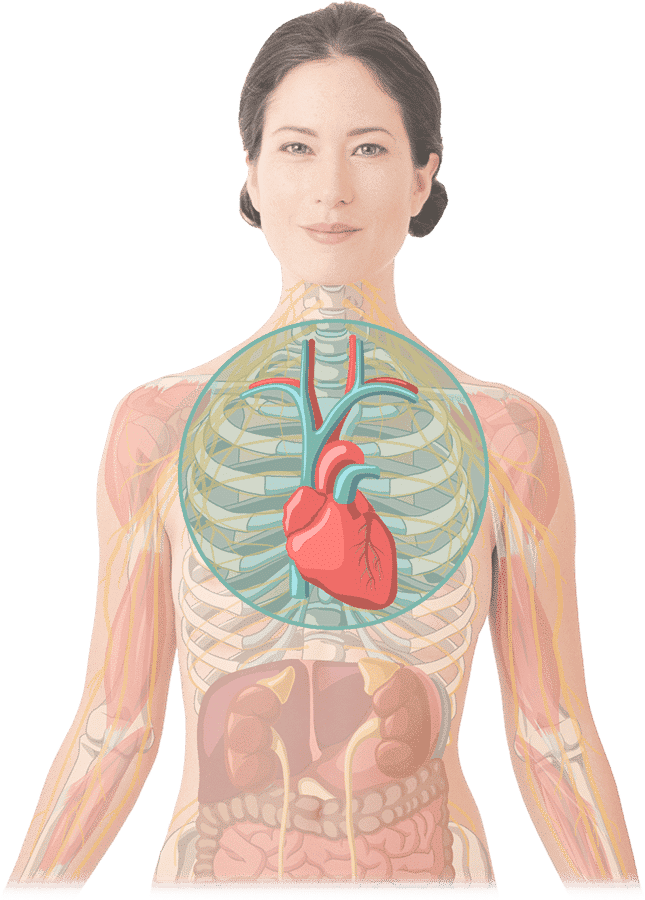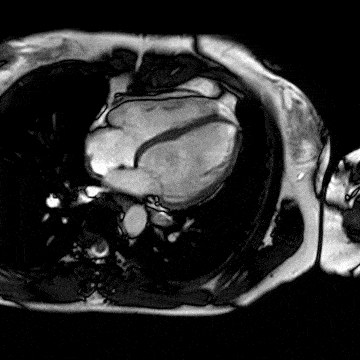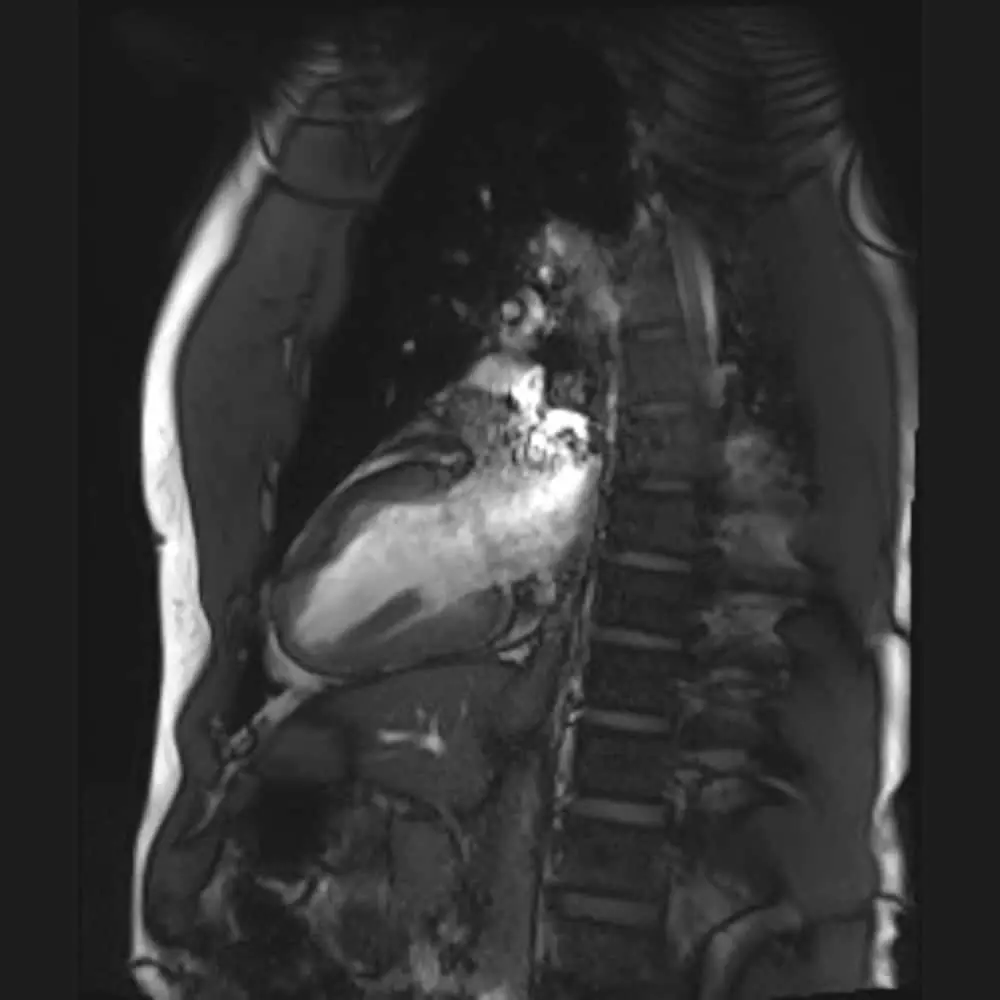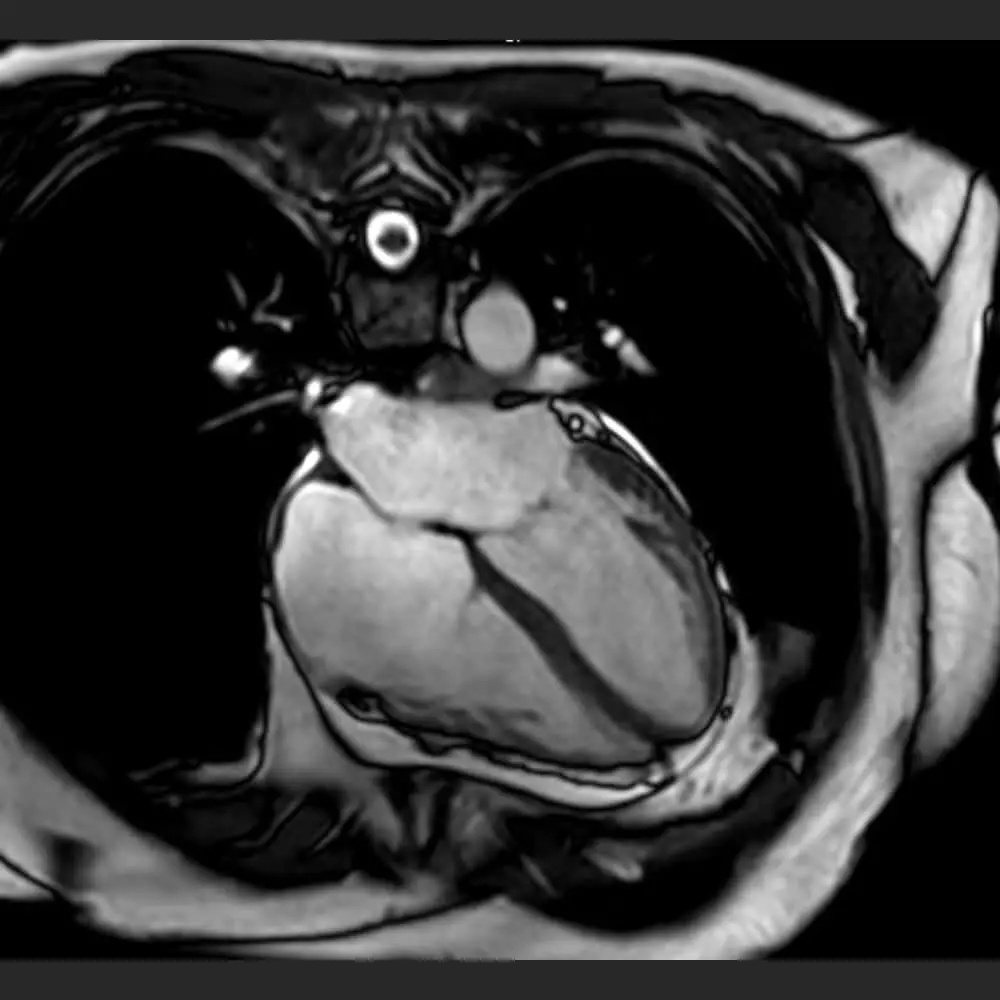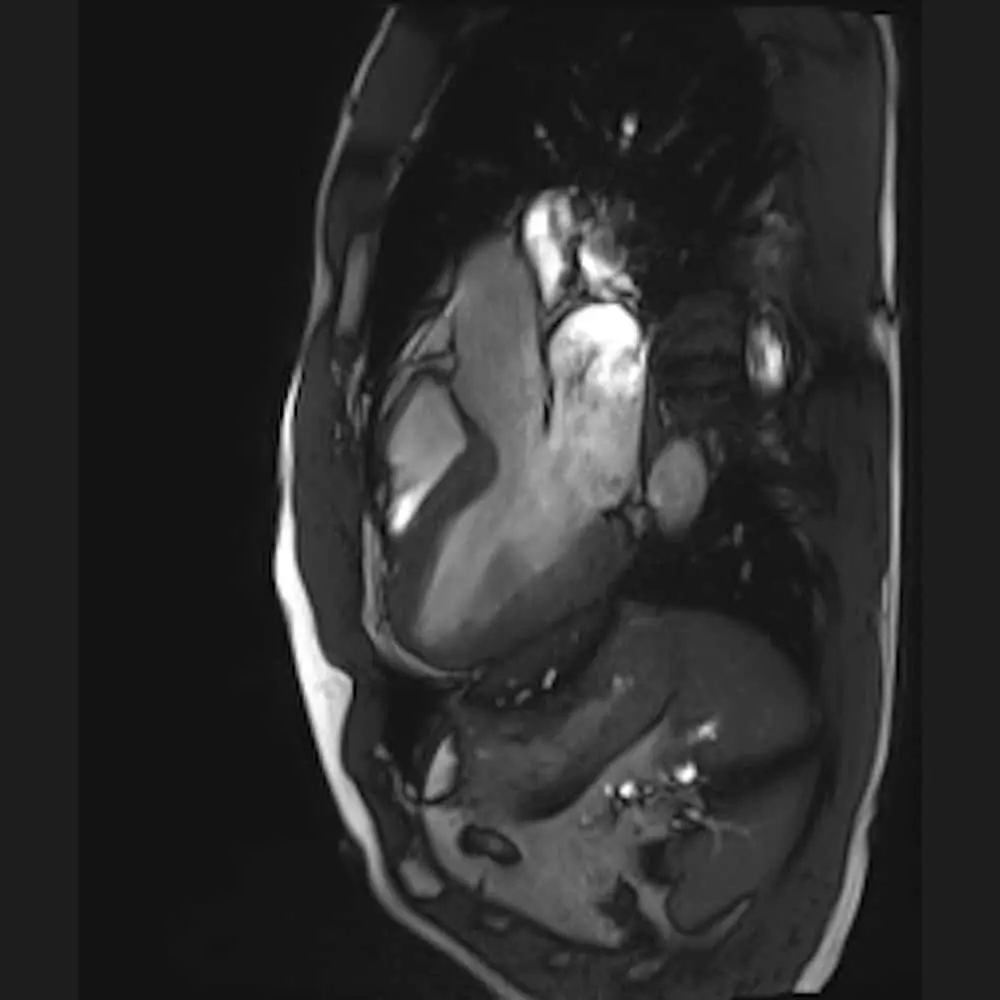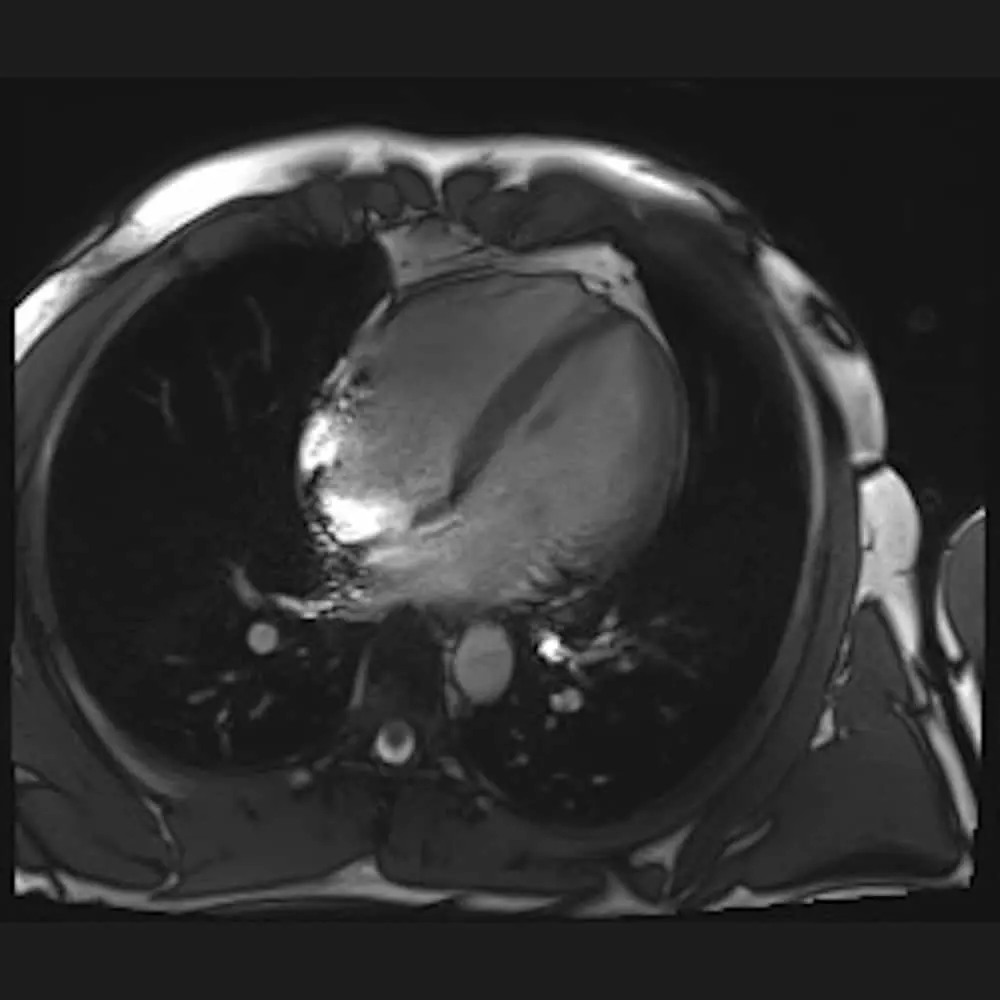At ARISTRA, our patients are informed about the results directly after the examination. In a personal consultation, the radiologist explains the findings and forwards them to the referring doctor. Your family doctor or cardiologist will discuss your further therapeutic steps with you.
In complex cases, the local radiologist will contact the ARISTRA network and discuss the images with experts in the field. For cardio-MRI, this is
Marcel Sokolowski.
